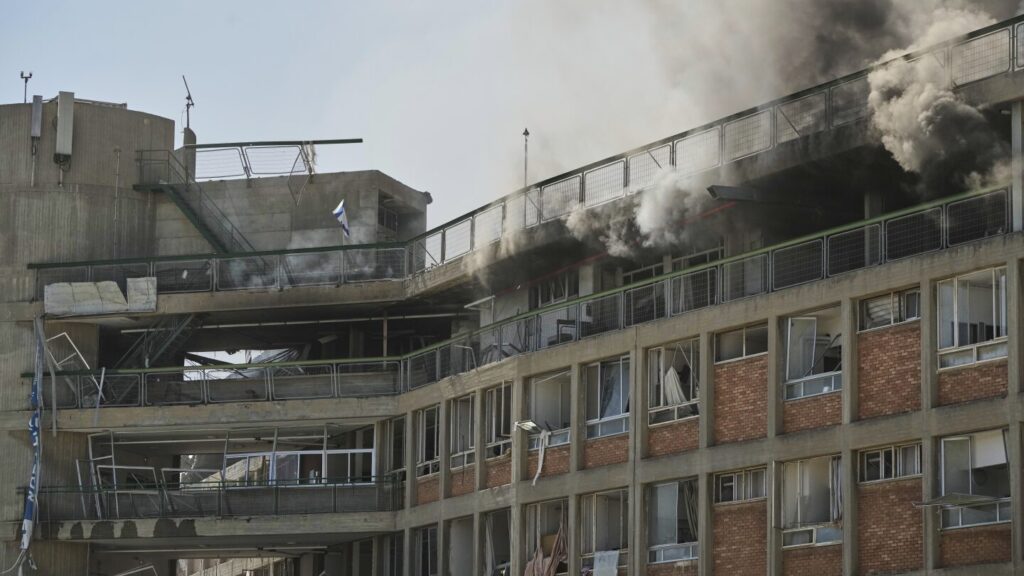Amid escalating tensions between Israel and Iran, U.S. President Donald Trump is considering military intervention in response to attacks. Trump’s decision hinges on the possibility of upcoming negotiations with Iran, with a timeline of two weeks set for a choice. Israel, facing Iranian missile strikes, targeted Iran’s nuclear program, prompting threats towards Iranian leadership. The conflict, marked by airstrikes and casualties, has raised concerns about a broader regional crisis.
Israel’s defense minister blamed Iran’s supreme leader for the attacks, emphasizing the need to eliminate the threat. As the conflict unfolds, casualties mount on both sides, with hospitals becoming targets. The strategic targeting of key facilities like the Fordo uranium enrichment site underscores the high stakes involved. Despite efforts to mitigate damage through defensive measures, the situation remains volatile.
Iran’s refusal to surrender its nuclear program complicates the diplomatic landscape, with Trump’s deliberation seen as a potential avenue for negotiation. Yet, Iran’s steadfast stance and military responses signal a challenging path towards de-escalation. The recent targeting of Iran’s Arak reactor reflects ongoing efforts to disrupt potential weapons development.
Overall, the article captures a tense and evolving situation, highlighting the complex dynamics at play and the urgent need for diplomatic engagement to prevent further escalation and loss of life.

